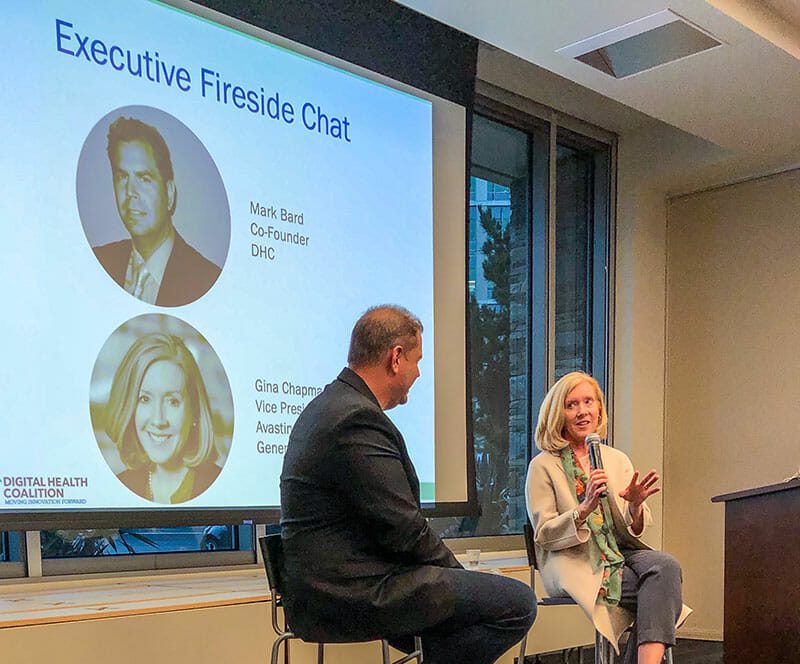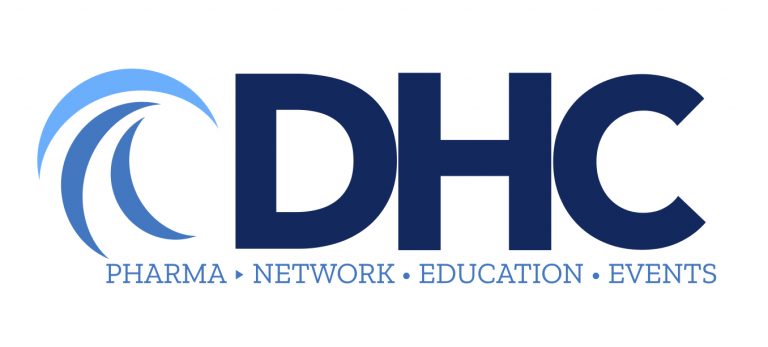An Interview with Genentech's Gina Chapman - Forces at Play in Pharma Today - Dec 2019
Our October summit was generously hosted by Genentech at their South San Francisco headquarters. Special thanks to the team at Genentech and the DHC members who worked to deliver another informative and worthwhile event.
The event wrapped up with an executive fireside chat with Gina Chapman, Vice President and U.S. head of Avastin, Herceptin, and Rituxan, Genentech and Mark Bard, Co-founder, DHC featuring an introspective discussion of the forces at play in pharma today. They celebrated the shift towards a more truly patient-centric environment and explored the ways in which personalized medicine will accelerate that move in the next 5 to 10 years. Below is a transcript of their discussion, edited for length and clarity.

Fireside Chat on Pharma Today
Mark Bard (DHC): What is the biggest insight you’ve gained after 25 years in pharma?
Gina Chapman (Genentech): Over the last ten years, we’ve increasingly recognized the importance of patients as critical to what we do and why we do it. Given both the mix of our portfolio and the small role patients played in decision-making, until relatively recently we weren’t focusing on patients as much as we are today. We’ve also seen our industry increase investments in rare diseases, where people have been suffering for a long time without help. And there are now entire teams focused on managed care, whereas 25 years ago, there might have been just a couple of people in the organization who understood the term “managed care”.
Gina Chapman (Genentech): I’m very excited about the promise; it’s the direction we need to go. We need to do better on partnering with stakeholders to raise awareness about tests (which can be costly), and to help patients learn that there is hope. It’s expensive to connect patients with treatment, and many physicians are not yet aware that there are tests to identify patients [for personalized therapies].
Mark Bard (DHC): When it comes to patient centricity, the resounding answer among pharma is that it’s their strength. Yet our industry ranks low. What trends help us put patients at the center of strategy?
Gina Chapman (Genentech): It’s a complex industry, but the patient is and should be the primary customer. That’s a shift we need to make very quickly. Other stakeholders should be considered partners with us in delivering care. You think of things differently, and potentially make different decisions, when you frame the HCP as a partner and the patient as the customer.
Gina Chapman (Genentech): It is important to focus on the basics of leadership, but as a leader you also have to catalyze and develop a shared vision with shared objectives and goals. To do this well, you have to have diversity of thought and input. And you have to manage relationships amongst our leadership team, which is where I spend most of my time. People are used to seeing leaders develop favorites on a team, where the most powerful person has the leader’s ear. That’s a recipe to mess things up, to compromise inclusion of diverse ideas. I try hard not to do that, and I talk to my leadership team and give them feedback if I see a clique forming. When you leverage everyone’s strengths, innovation becomes natural.
